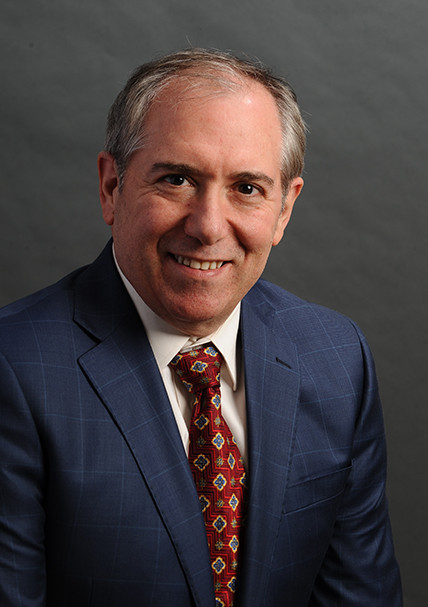
According to the Salgi Esophageal Cancer Research Foundation, esophageal cancer is among the fastest growing and deadliest cancers in the United States. Statistically, men are 3 to 4 times more likely than women to be diagnosed with esophageal cancer.
Esophageal cancer occurs when the cells lining the esophagus mutate and grow uncontrollably. Many people don't realize they have esophageal cancer until it's in the advanced stages, and by then it is often untreatable. Early esophageal cancer often causes no symptoms, but warning signs may include:
- Difficulty swallowing (dysphagia)
- Unintentional weight loss
- Worsening indigestion or heartburn
- Pain behind the breastbone or in the throat
- Coughing or hoarseness
Frequent or chronic acid reflux, also known as gastroesophageal reflux disease (GERD) is a condition that can be related to esophageal cancer. The longer someone has GERD, the more likely it is that they will develop Barrett’s Esophagus. Barrett’s esophagus is twice as common in men as it is in women and is most common in middle-aged Caucasian men who have had reflux for many years.
“People with Barrett’s esophagus are at a much higher risk of developing esophageal cancer,” explains gastroenterologist George Dickstein, MD, FASGE, AGAF. “Patients with Barrett's esophagus should have regular endoscopic examinations to monitor the esophagus for any changes or early signs of esophageal cancer.”
Here are a few steps you can take to reduce your risk of esophageal cancer:
Quit Smoking. Using any form of tobacco, such as cigarettes, cigars, pipes, chewing tobacco, and snuff raises the risk of esophageal cancer. Talk to your doctor about a plan to help you stop smoking. It’s never too late to stop smoking.
Limit Alcohol Consumption. If you choose to drink alcohol, do so in moderation. For healthy adults, that means up to one drink a day for women and up to two drinks a day for men.
Eat a Balanced Diet. Eat a healthy diet rich in colorful fruits and vegetables.
Maintain a Healthy Weight. If you are overweight or obese, talk to your doctor about strategies to help you lose weight.
Don’t ignore your heartburn or reflux symptoms. Talk to your doctor. Medications may be indicated that can heal the esophagus and prevent future damage
Tell your doctor if you have a family history of Barrett’s esophagus or esophagus cancer. Screening tests are now advised for many patients with a family history of these problems.
"Early treatment for esophageal cancer is critical because survival rates are directly related to the stage of diagnosis,” cautions Dr. Dickstein. “Early detection allows for minimally invasive treatments that can preserve the esophagus.”
Featured Doctors
